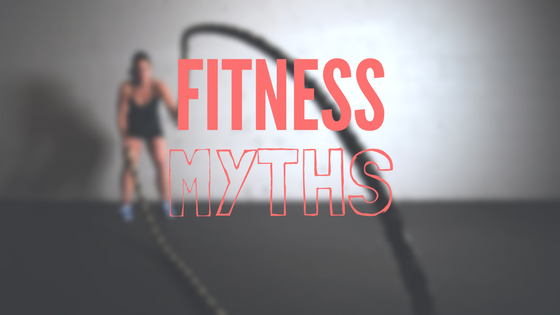It is no secret that the health and fitness world comes with its fair share of myths and old wives’ tales — from those concerning one’s dietary habits to how hard one must work to lose weight. However, it is important to remember that a majority of these health myths are precisely that, meaning they should be taken with a grain of salt.
To ensure your fitness journey is not thrown off by a friend or co-worker’s seemingly harmless “advice,” here is a list of fitness myths you should know and avoid at all costs:
Using machines prevents you from making mistakes
While machines may be effective, they are certainly not the best or most foolproof method of exercising. In fact, the only way one can be entirely sure that they are performing exercises correctly is by working on machines that were made to fit their specific height and weight — something that is not commonplace in your average gym.
No pain, no gain?
While this phrase is uttered in gyms and on courts and fields every single day, that does not necessarily mean it is correct. In fact, if something genuinely hurts while you are working out, experts recommend that you stop what you are doing immediately to find out if the pain eases up. If it does — meaning you only feel pain while you are working out — then you ought to see your doctor as soon as possible.
Stretching helps your body recover
Although stretching is an excellent way to increase joint flexibility, it has not actually been found to shorten one’s recovery time after a workout. However, limbering up still has its benefits, such as decreased risk of pulling or tearing a muscle during exercise. Therefore, it is still highly recommended that you stretch before and after your next workout.
Swimming is the best exercise for weight loss
Granted, swimming is an excellent means of getting a full-body workout without putting too much stress on your joints and limbs. But, unless you spend hours upon hours doing laps in the pool every day, you will not see stunning results. That is because of two distinct factors:
Firstly, there is the buoyancy effect. Since your body is submerged in the water, you have a reduced need to work in order to stay afloat — especially if you have a higher level of body fat. Secondly, exercises that occur in cold water induce a spike in appetite, unlike exercises conducted on land, which are known to suppress one’s appetite.

